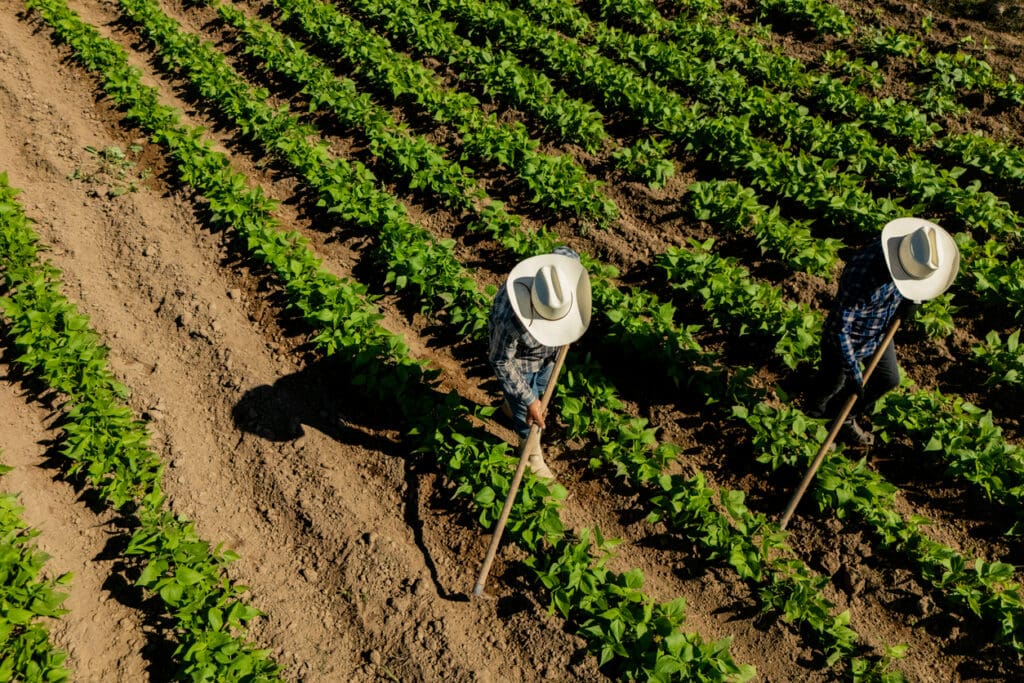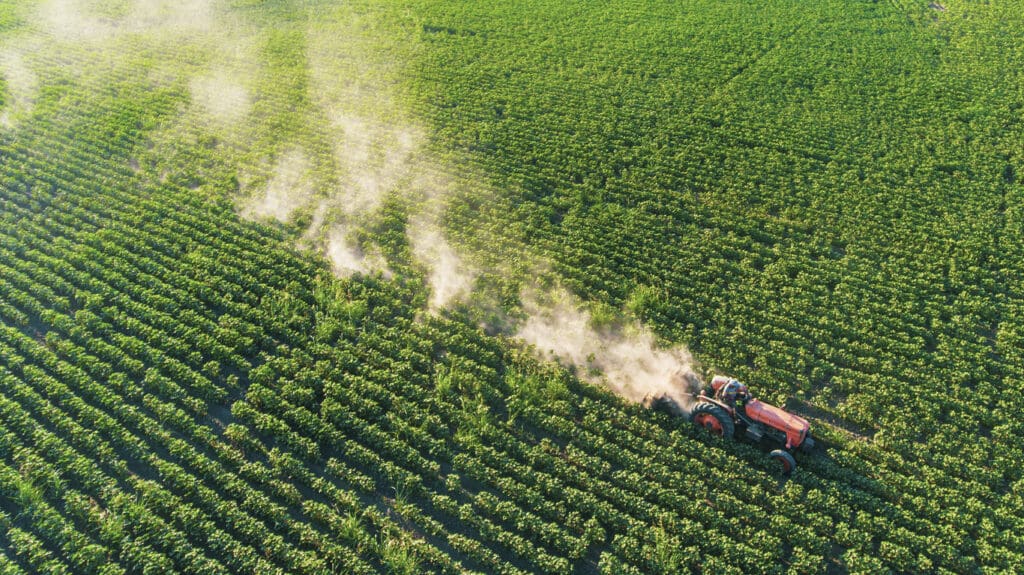As consumers become more conscious about their food choices, the debate between organic vs conventional farming systems continues to gain attention. While both methods aim to produce abundant food, their approaches, impacts, and long-term sustainability differ significantly. Understanding these differences can help consumers make informed decisions about their health, the environment, and the future of agriculture.
Organic farming is a sustainable agricultural system that prioritizes the use of natural and organic substances to maintain soil health and minimize the need for synthetic chemicals. Organic farming methods, such as crop rotation and the use of green manures, play a crucial role in enhancing soil fertility and reducing soil erosion. These practices not only improve the quality of the soil but also contribute to the overall health of the environment.
Organic farming systems aim to produce food in a way that does not harm the environment, while also promoting human well-being and preserving ecosystem balance. Organic farmers leverage natural ecosystems to control pests and diseases, avoiding the reliance on synthetic pesticides and fertilizers. This approach fosters a healthier and more resilient agricultural field.
The benefits of organic farming extend beyond the farm. By reducing greenhouse gas emissions and promoting biodiversity, organic farming is a key strategy for mitigating the effects of global warming and promoting sustainable agriculture. Practices such as the use of animal manures and compost help maintain soil health and encourage the growth of beneficial microbes, which are essential for a thriving ecosystem.
In essence, organic farming is a nature-friendly approach that benefits both the planet and its inhabitants. By embracing organic farming methods, we can work towards a more sustainable and healthier future for all.
Conventional farming methods rely heavily on synthetic chemicals, including chemical fertilizers, chemical pesticides, and herbicides. These practices are designed to maximize crop yields and control pests efficiently. Genetically modified organisms (GMOs) are also commonly used in conventional agriculture to improve crop resistance and productivity.
Conventionally grown food often contains residues of these chemicals, which can raise health concerns among consumers.
While conventional farming has contributed to large-scale food production, it often comes at a cost. The overuse of synthetic fertilizers and other chemical inputs can lead to soil degradation, water pollution, and reduced biodiversity. Additionally, concerns over pesticide residues in food have prompted many consumers to explore alternatives.
In contrast, organic farming embraces natural farming practices that promote ecological balance and biodiversity. Organic production involves more than just avoiding synthetic chemicals; it incorporates techniques like crop rotations and composting to maintain system health and biodiversity. Organic farmers avoid synthetic pesticides and fertilizers, instead using compost, cover crops, crop rotation, and natural pest control methods. They also steer clear of GMOs and adhere to strict organic standards.
The benefits of organic farming extend beyond the farm. Organic methods help preserve soil health, reduce water contamination, and support pollinators and wildlife. These practices are considered more sustainable, especially as concerns about climate change and environmental impact grow.

The main differences between organic and conventional agriculture lie in their management practices, approach to pest control, soil management, and crop production. Pesticide-free farming is a cornerstone of organic agriculture, while conventional systems often depend on chemical treatments.
Organic farming also emphasizes building long-term soil fertility through composting, mulching, and minimal tillage. These methods enhance soil structure and water retention, creating a more resilient farming system. Organic farming also employs crop rotations to enhance soil fertility and biodiversity, contrasting with the monoculture planting often seen in conventional systems. In contrast, conventional systems may deplete soil nutrients over time due to repetitive monoculture planting and heavy chemical use.
Many consumers choose organic foods for their perceived health benefits. While research on nutritional differences is ongoing, some studies suggest that organic food benefits include higher levels of certain antioxidants, fewer pesticide residues, and better overall food quality. Organic farming boasts many advantages, including higher levels of certain antioxidants and fewer pesticide residues.
By avoiding chemical additives, antibiotics, and growth hormones, organic farming supports cleaner food production. This aligns with the growing demand for foods that are generally higher in quality, minimally processed, ethically produced, and more in tune with nature.
Organic foods are gaining popularity as consumers become increasingly aware of the benefits of organic farming and the negative impacts of conventional agriculture. The demand for organic foods is driven by concerns about human health and the environment. Many consumers are willing to pay a premium for organic foods, recognizing the advantages of organic farming practices.
The market for organic foods is expanding rapidly, with sales increasing by over 10% per year. Organic foods are now widely available in supermarkets, specialty stores, and through direct-to-consumer channels such as farmers’ markets and community-supported agriculture programs. This growing availability reflects the rising consumer demand for organic products.
Organic certification plays a crucial role in the organic food market, ensuring that foods meet strict standards for organic farming practices. This certification provides consumers with confidence that the products they purchase are genuinely organic and produced in an environmentally responsible manner.
The benefits of organic foods for human health are significant, including reduced exposure to synthetic pesticides and fertilizers. As awareness of these benefits continues to grow, the demand for organic foods is expected to increase further. By choosing organic foods, consumers can support sustainable agriculture and contribute to a healthier environment.
In conclusion, the rising demand for organic foods highlights the growing consumer preference for products that are produced in harmony with nature. As more people recognize the benefits of organic farming, the market for organic foods will continue to thrive, promoting a healthier and more sustainable future for all.

The environmental impact of farming is a major point of distinction between organic and conventional practices. Organic farming methods reduce greenhouse gas emissions, improve soil carbon storage, and lower the risk of water contamination. Organic farming methods also contribute to higher levels of soil organic carbon, which is crucial for soil health and carbon sequestration. These practices are vital for promoting sustainable agriculture practices that protect ecosystems and mitigate climate change.
Conventional agriculture, while efficient, often contributes to deforestation, excessive water use, and reduces soil erosion. Transitioning toward more sustainable systems is essential for ensuring long-term food security and planetary health.
One of the most overlooked yet critical aspects of farming is soil health. Healthy soil is teeming with soil microbes, nutrients, and organic matter, all of which support plant growth and resilience. Healthy root systems also play a crucial role in maintaining soil structure and preventing erosion. Organic practices are designed to nourish and protect this vital resource through regenerative techniques.
On the other hand, chemical-intensive farming can disrupt soil ecosystems, leading to erosion, compaction, and nutrient depletion. By focusing on soil care, organic farming helps ensure the productivity and sustainability of agricultural land for generations to come.
Choosing between organic vs conventional farming isn’t just about personal preference—it’s about understanding the broader implications for health, sustainability, and the natural world. While conventional farming has played a key role in feeding the world, organic farming advantages highlight the importance of shifting toward cleaner, more responsible practices.
Organic farming also emphasizes the role of the farmer in maintaining sustainable practices and promoting biodiversity.
Whether you’re shopping at a grocery store or growing your own food, supporting sustainable agriculture practices can contribute to a healthier lifestyle and a more resilient planet. As awareness grows, so does the power of consumers to influence the future of farming—one meal at a time.
